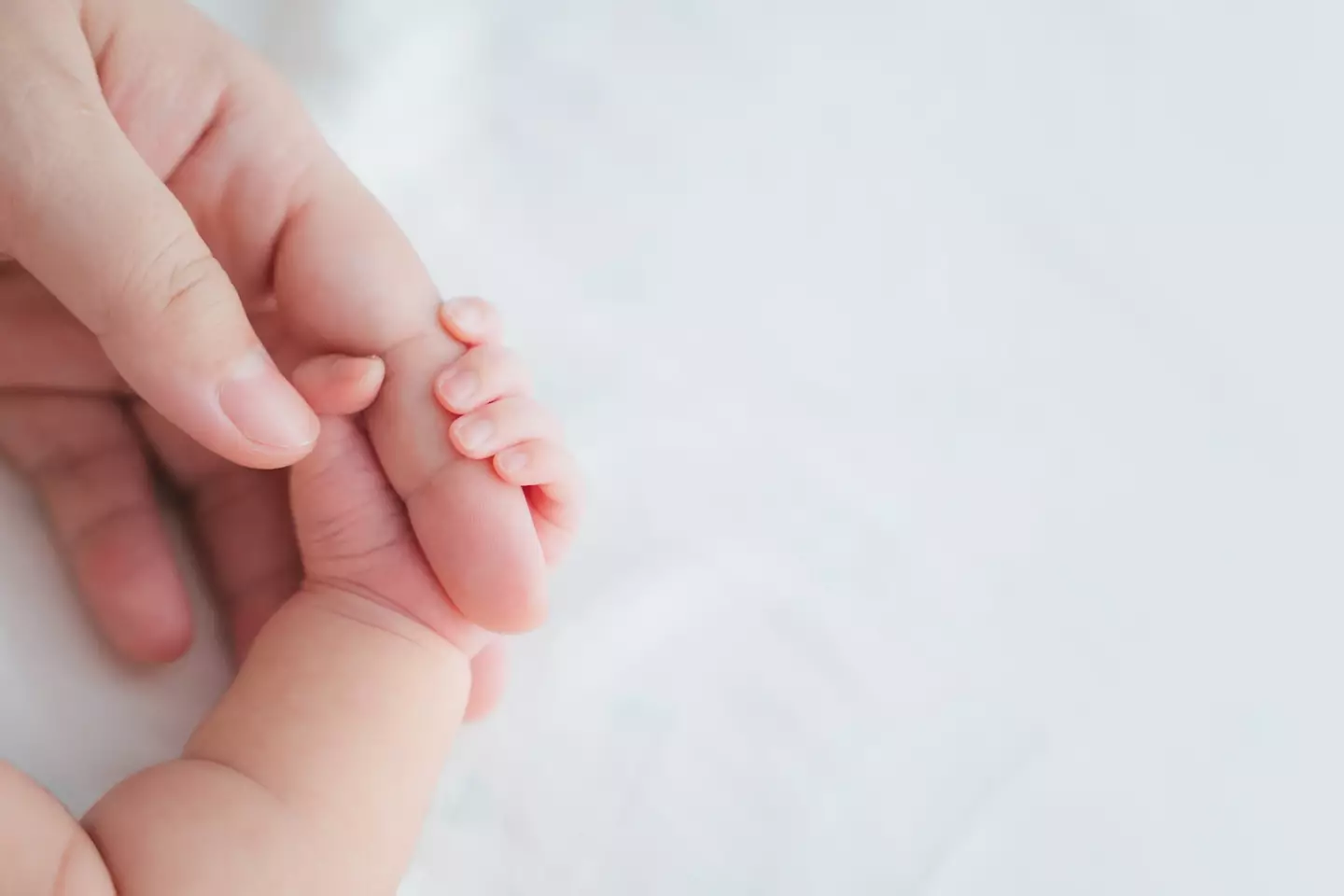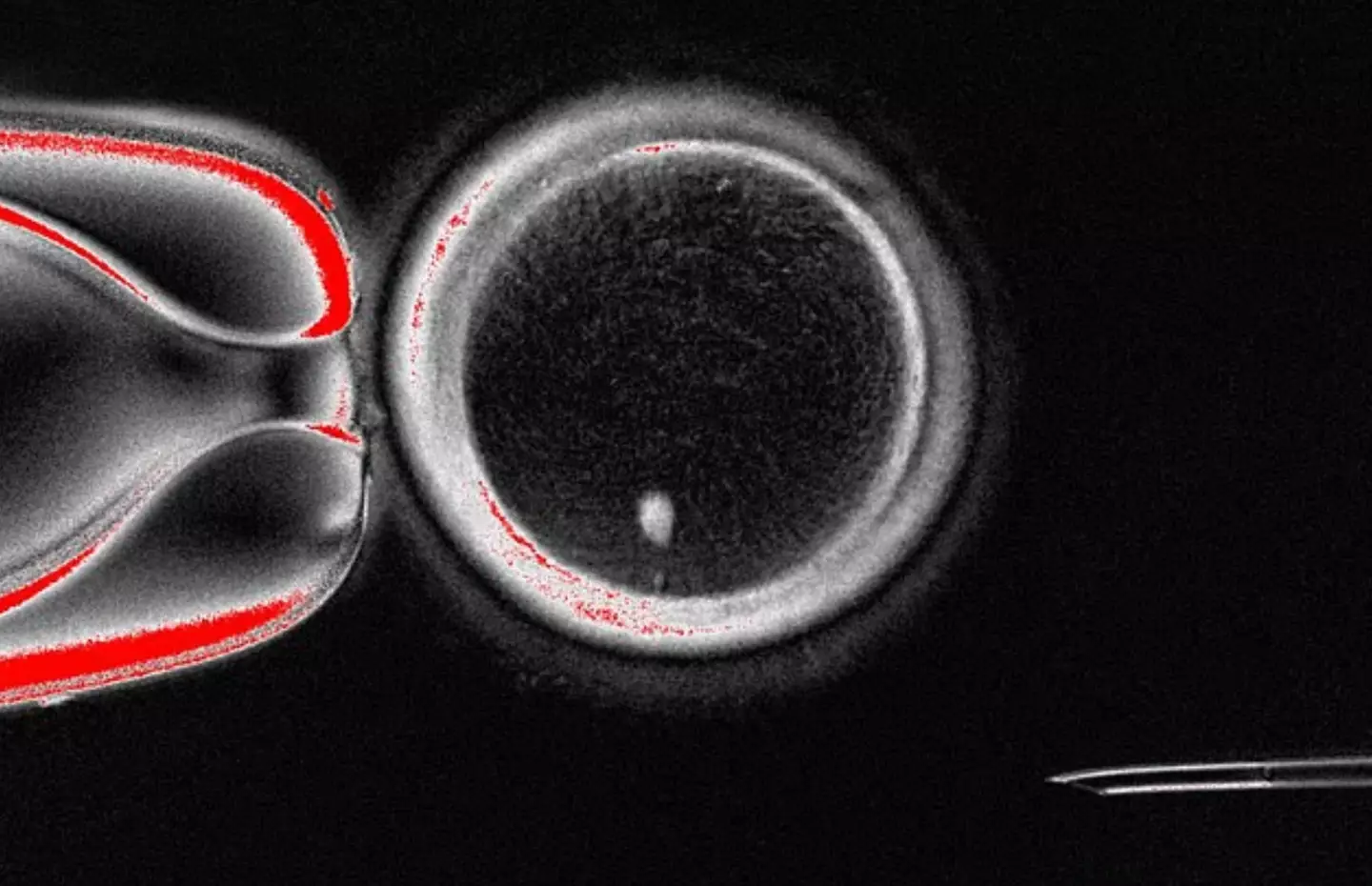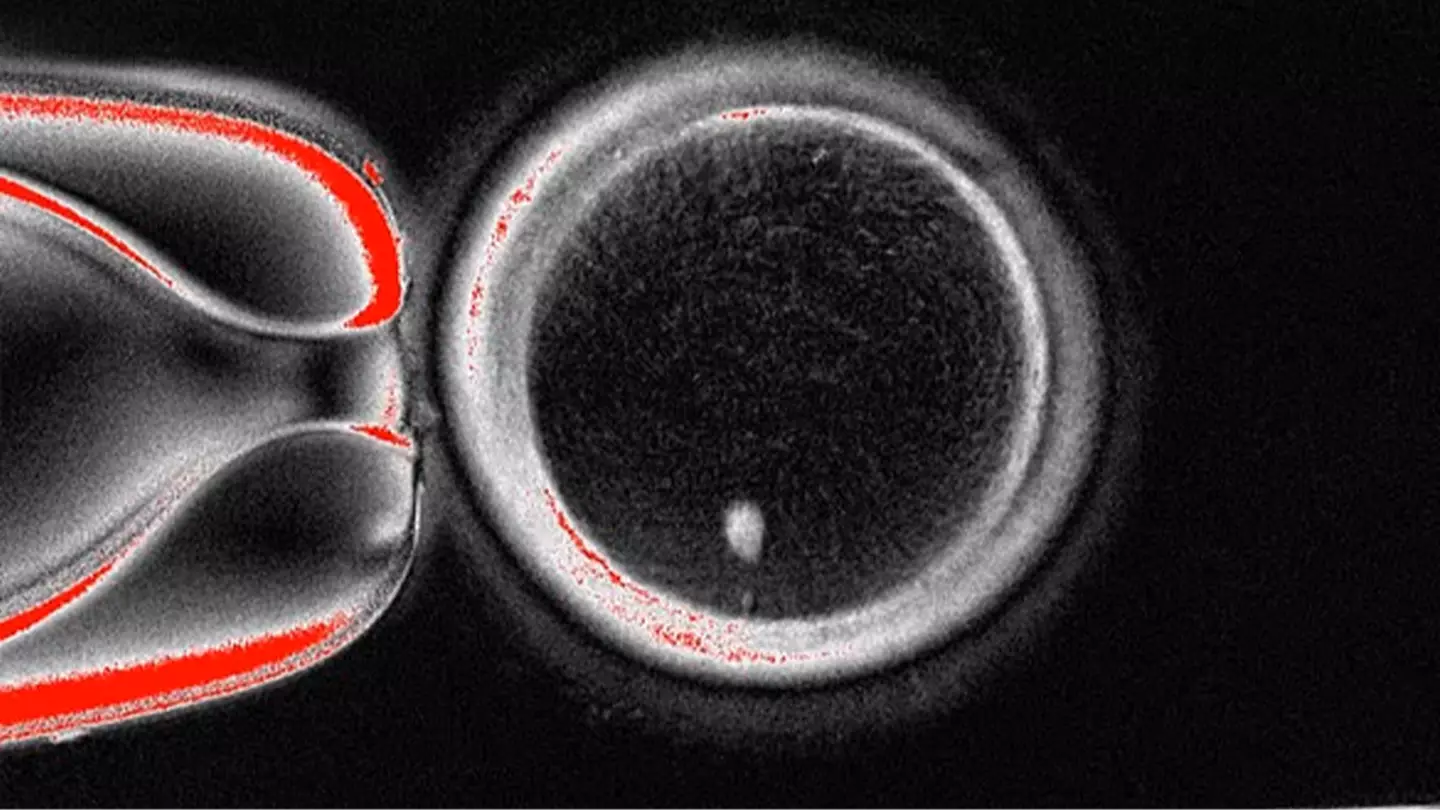A groundbreaking advancement in the scientific community suggests that in the not-too-distant future, ‘babies could be born without biological mothers.’
Researchers have succeeded in developing egg-like cells from the DNA of regular skin cells, which have the remarkable potential to undergo fertilization.
This discovery could allow a man’s skin cells to be inserted into a donor egg, followed by fertilization from another male, presenting a genuine possibility of two men conceiving a child without requiring female DNA. However, this development may still be a decade or more away if it ever becomes a reality.
Despite this, scientists are confronted with significant challenges and ethical issues, though this concept offers optimism for addressing infertility in the future.

Paula Amato, an endocrinologist at Oregon Health & Science University, explained to ScienceAlert: “We can harness the cellular machinery of the mature oocyte to essentially reprogram a somatic cell rather than relying on months of cell culture to produce induced pluripotent stem cells.
“It theoretically saves time and potentially results in fewer genetic and epigenetic aberrations.”
Future investigations will explore the potential of enabling women experiencing egg-related issues to have their own biological children.
Richard Anderson, Deputy Director of the MRC Centre for Reproductive Health at the University of Edinburgh, UK, mentioned to the Daily Mail: “Many women are unable to have a family because they have lost their eggs, which can occur for a range of reasons including after cancer treatment.
“The ability to generate new eggs would be a major advance. This study shows that the genetic material from skin cells can be used to generate an egg-like cell with the right number of chromosomes to be fertilized and develop into an early embryo.”

Anderson, who was not part of the study, added: “There will be very important safety concerns but this study is a step towards helping many women have their own genetic children.”
Infertility affects millions worldwide, defined as the inability to conceive after one year of trying.
Recent advancements could be pivotal for many individuals in the USA who are eager to start a family.
According to ScienceAlert, fertility expert Ying Cheong remarked: “For the first time, scientists have shown that DNA from ordinary body cells can be placed into an egg, activated, and made to halve its chromosomes, mimicking the special steps that normally create eggs and sperm.
“While this is still very early laboratory work, in the future it could transform how we understand infertility and miscarriage, and perhaps one day open the door to creating egg- or sperm-like cells for those who have no other options.”

